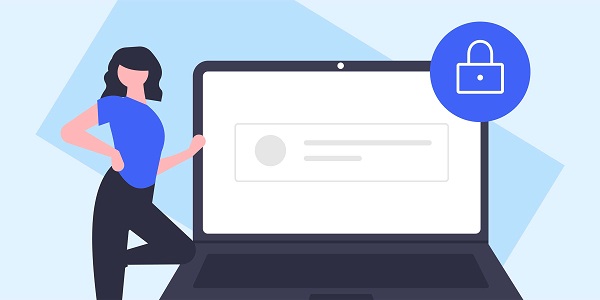Download for your Windows

This article explores the core method of extracting information from HTML structures, combines proxy IP technology to break through access restrictions, and recommends IP2world's proxy service to optimize the data collection process.
What is HTML Information Extraction?
"Extract info from html" means obtaining specific content, such as text, links, or metadata, by parsing the HTML code of a web page. Whether it is building a search engine index, analyzing the structure of a competitor's page, or automatically generating reports, accurate HTML parsing has become a basic skill in data processing. However, large-scale extraction is often hindered by website anti-crawling mechanisms and dynamically loaded content. IP2world's proxy IP service can improve the success rate of tasks through IP rotation and protocol support.
Why is manually extracting HTML information inefficient?
Manual copy and paste can only process a small number of static pages, and is almost infeasible when faced with complex HTML structures (such as nested tags, CSS selectors) or dynamically rendered content (such as JavaScript generated data). Automated tools achieve precise positioning through XPath, regular expressions or DOM parsing libraries (such as BeautifulSoup), while static ISP proxies can provide stable IP channels for high-frequency requests to avoid triggering anti-crawling strategies.
How to choose an HTML parsing tool?
Different tools correspond to different technical requirements:
Basic parsing library: suitable for simple static pages, such as Python's Requests+BeautifulSoup combination, which can quickly extract explicit information such as titles and paragraphs.
Dynamic rendering engine: For JavaScript loading content, it is necessary to cooperate with Selenium or Puppeteer to simulate browser behavior. At this time, the dynamic residential proxy can reduce the probability of being blocked through the real user IP.
Cloud service platform: Some tools provide APIs to directly return structured data, which is suitable for users with non-technical backgrounds. IP2world's exclusive data center proxy can ensure the stability of API calls.
How does proxy IP optimize HTML information extraction?
Websites often identify crawlers by IP request frequency, geographic location, or device fingerprint. Using a proxy IP pool can disperse the source of requests, for example:
Dynamic residential proxy: Each batch of requests switches to a different residential IP, which is suitable for long-term tasks that require high anonymity (such as price monitoring).
S5 proxy: supports SOCKS5 protocol, can bypass enterprise-level firewalls, and cooperate with IP2world's unlimited server resources to achieve round-the-clock collection.
IP health detection: Automatically filter invalid IPs and add new nodes to ensure that the resolution task continues to run.
What technical challenges does HTML information extraction face?
Dynamic content loading: Data generated by Ajax or front-end frameworks requires full page rendering, consuming more computing resources.
Anti-crawl mechanism upgrade: Verification codes, behavior analysis (such as mouse tracks) and other protection measures increase the difficulty of cracking.
Complexity of data cleaning: Redundant tags and advertising codes in HTML need to be filtered through preprocessing.
IP2world's proxy IP service can be integrated with headless browser tools to reduce detection risks by simulating real user behavior, while providing regional customized IPs (such as ISP proxies in specific cities) to deal with geographical restrictions.
As a professional proxy IP service provider, IP2world provides a variety of high-quality proxy IP products, including dynamic residential proxy, static ISP proxy, exclusive data center proxy, S5 proxy and unlimited servers, suitable for a variety of application scenarios. If you are looking for a reliable proxy IP service, welcome to visit IP2world official website for more details.